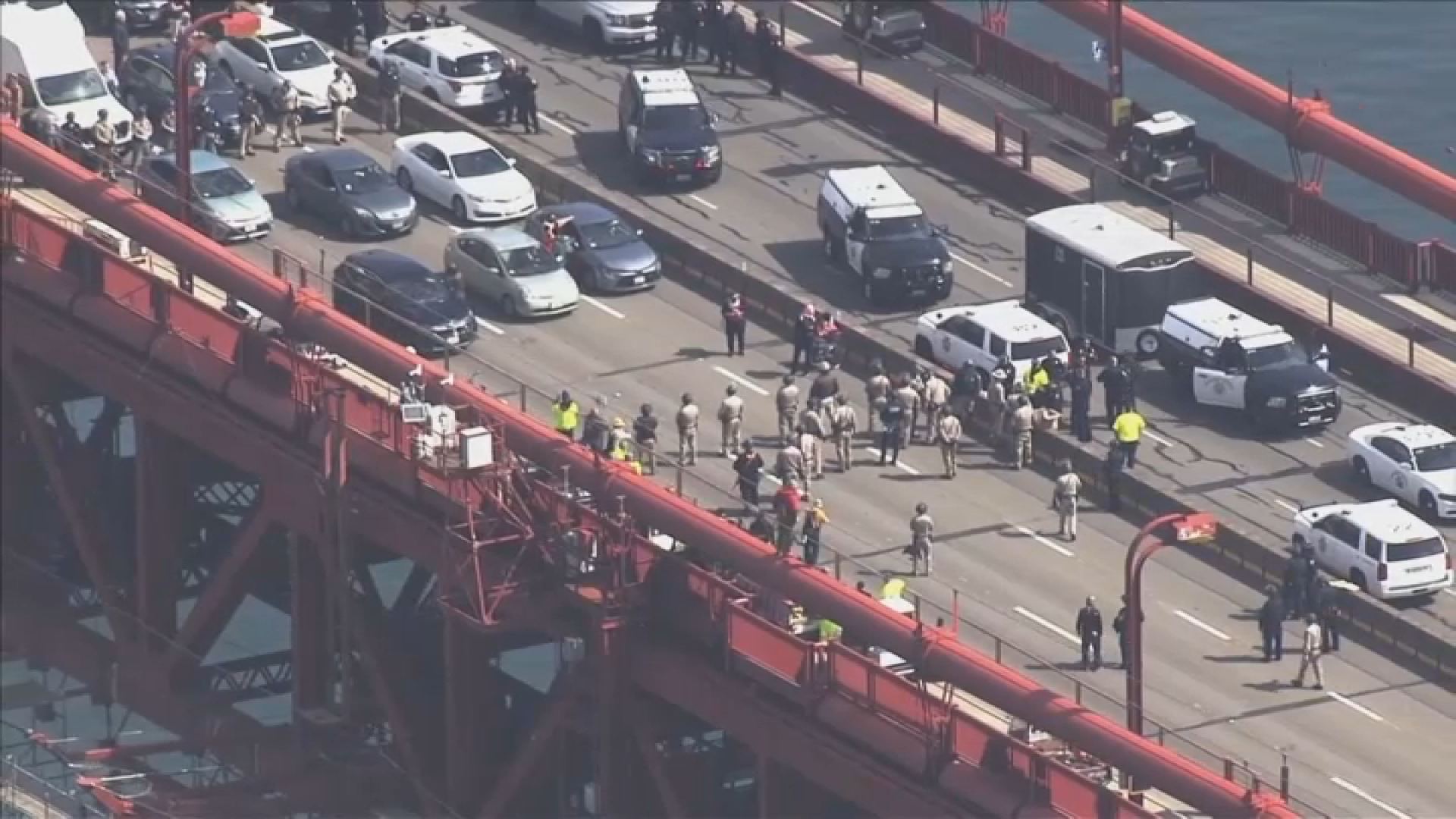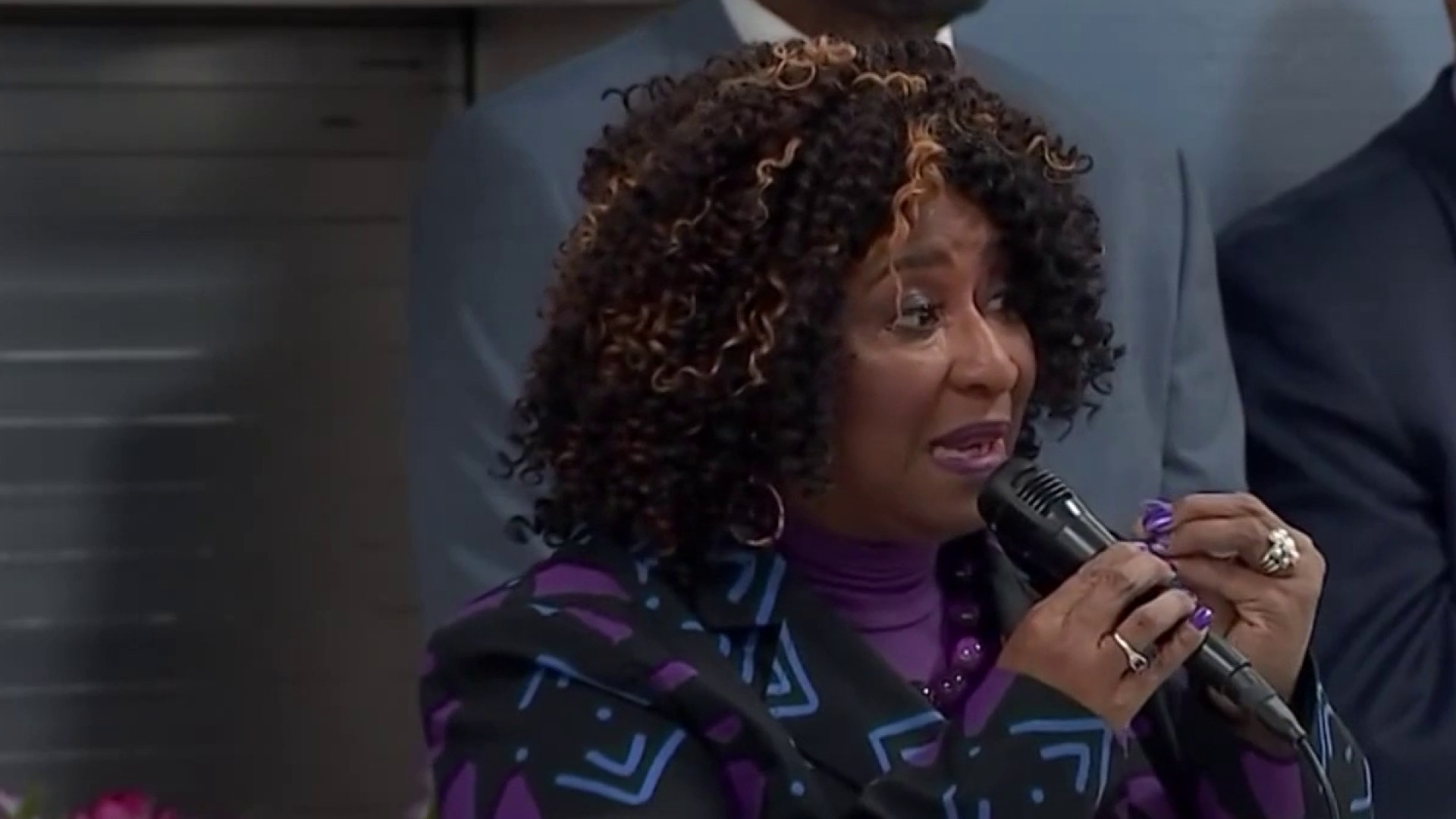Across the San Francisco Bay Area and around the nation, there are signs of panic-buying at grocery stores. Photos and videos on social media show bare shelves, as anxious shoppers grab every last roll of toilet paper and loaf of bread, in an attempt to prepare for the worst.
Are there really nationwide shortages of basic supplies? And what do we really need to survive if the COVID-19 pandemic gets significantly worse?
Thomas Derry, CEO of the Institute for Supply Management, told NBC Bay Area that while shipments from China and other overseas markets are disrupted, domestic supply chains -- which provide most of our food and paper products -- are in much better shape.
“Most of the production is happening in the United States or nearby," Derry said. "There could be some impact trying to get products to store shelves; a little delay in getting things canned up and shipped by truck, for instance, but probably not to the extent that people seem to be concerned about.”
With that in mind, consider what the U.S. government recommends for families to have on hand to ride out a pandemic. It's a small stockpile: a two-week supply of food, water, medication, and toiletries.
Exactly what that looks like will vary by family. But before you rush out and try to buy two weeks' worth of food, start by taking an inventory of your pantry, refrigerator, and freezer. Think about what you eat, and plan out the next few days' worth of meals. You might find what you already have to be reassuring.
The two-week supply of water recommended by the U.S. Department of Homeland Security is the part that it seems many people are overlooking. Various agencies recommend one gallon, per person and pet, per day.
Local
That's a lot of water, but you don't have to go buy it in bottles. Emergency managers say you can store water yourself, if you follow the steps necessary to make sure the containers are sanitary and properly sealed.
You'll find helpful information on emergency water storage from DHS listed here. Other important guidance to prepare for any emergency -- like an earthquake -- can be found here.



